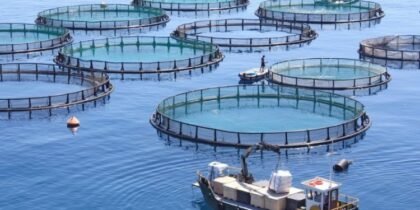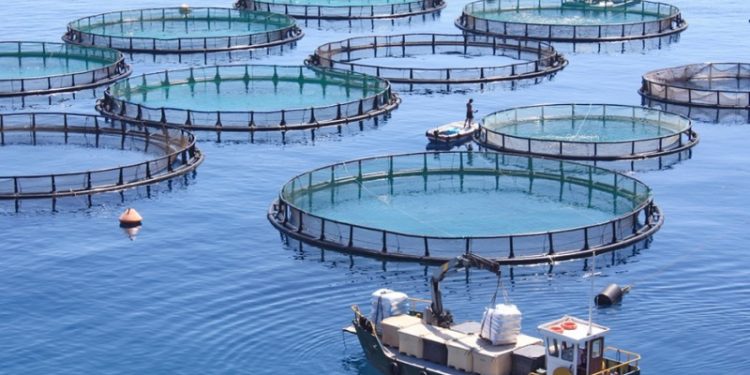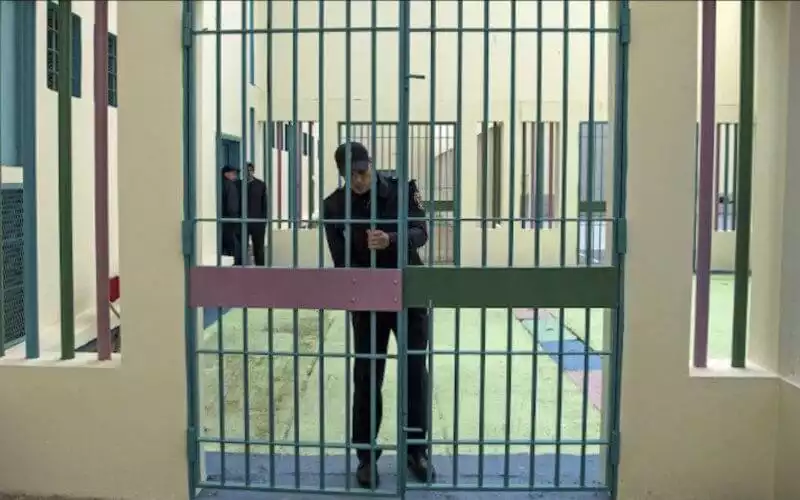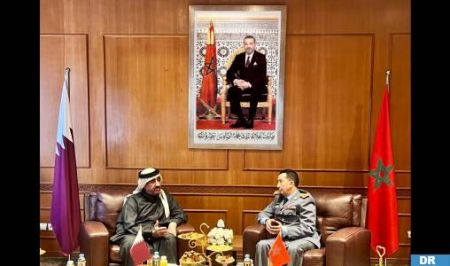 A twinning project between Morocco and the European Union (EU) was launched on Wednesday in Rabat, with a view to strengthening the aquaculture sector in the Kingdom.
A twinning project between Morocco and the European Union (EU) was launched on Wednesday in Rabat, with a view to strengthening the aquaculture sector in the Kingdom.
The EU Ambassador to Morocco, Patricia Llombart Cussac, highlighted the importance of this partnership which will allow the creation of more than 4,000 direct jobs in addition to indirect jobs in the aquaculture sector.
The aquaculture sector constitutes “an innovative sector” which can greatly contribute to the economic growth of the country, in addition to having a direct impact on fishermen, she said.
Registered under the EU-funded “Succeeding Advanced Status” (RSA II) multi-sector cooperation program, this institutional twinning project aims to support the efforts of the National Agency for the Development of Aquaculture (ANDA) in supporting the installation of aquaculture projects and providing operators in this sector with practical tools for sound management and management of farms, while adopting a biosecurity approach.
Speaking on this occasion, the Minister of Agriculture & Maritime Fisheries, Mohamed Sadiki, noted that this project is part of a national strategy to launch several productive investment projects in marine aquaculture and a strong mobilization of actors and stakeholders for the development of a sustainable and competitive aquaculture sector.
This twinning project, covering a period of 8 months, is funded by the EU to the tune of €250,000 and will be implemented in partnership with the French Ministry of Agriculture and Food and the Ministry of the Sea.
French Ambassador to Morocco, Hélène Le Gal, noted that this twinning project with France will be of great support in terms of developing good practices in the aquaculture sector and will accompany the action launched by ANDA to provide private players in the sector with relevant and essential instruments for their positioning on the chessboard of responsible aquaculture producers.
In this context, a team of French experts will be mobilized to build the capacities of institutional actors and private actors on the aspects of biosecurity, good aquaculture practices and approaches to labeling national aquaculture products.



